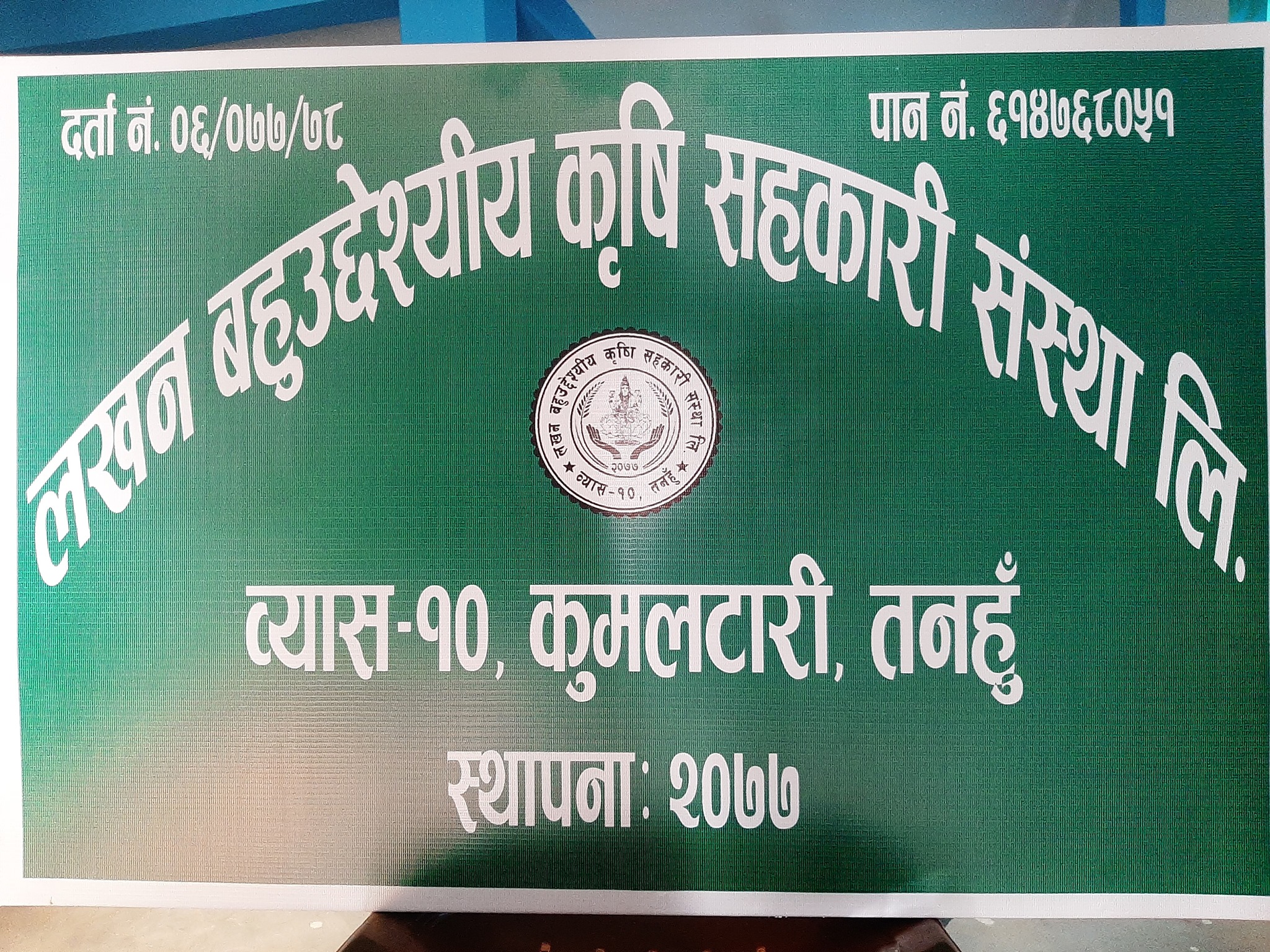

Community people of Nepal have been practicing community based co-operative which is famous in the name of Dhikuti, the primitive form of saving and credit culture. Grain saving and Labor exchange which is known as Bhakari and Parma. In some of the city area Guthi became popular, where community people work together for running different socio culture. Similar types of tradition of co-operation are still in existence in the rural areas.
The first Co-operative Act was enacted in 1960 by the government, which was followed by the Agricultural Co-operative Act (Sajha Sahakari). In 1963, the capital of savings and credit cooperative societies was converted into a Cooperative Bank in 1963, and in 1968 it was also converted into the Agricultural Development Bank of Nepal (ADBN). After 5 years the ADBN returned management back to the government and in 1975 the Cooperative Act was amended again.
After people’s movement the new democratic government enacted the Co-operative Act and the Co-operative Regulations in 1992 and 1993 which permitted the establishment of a three tiered co-operative system, and provides a legal base both for the establishment of co-operative societies/unions/federations and application of co-operative values, norms and principles into practice.
Nepalese Cooperative movement has seen a lot of socio-economic as well as political changes. In 2008, Nepal was declared as a Federal Democratic Republic of Nepal. In 2015, constitutional assembly successfully declared the new Constitution of Nepal which recognized the co-operative sector as one of the three pillars of the National Economy. In 20018 and 2019 new cooperative act and regulation were enacted. The new constitution has decentralized and delegated the authority to the Local and Provincial governments to promulgate the laws and acts that they need. Now provincial government and local level government bodies can promulgate and implement the cooperative law.
According to the Department of Cooperative the major types of co-operative societies operating in Nepal are Saving and Credit, Multipurpose, Dairy, Agriculture, Fruits and Vegetables, Bee Keeping, Tea, Coffee, Consumers, Science and Technology, and Energy.

Lakhan Multipurpose Agricultural Co-operative Ltd. has been established by the local community with the mission of development to their livelihood through Agriculture with broad sense of vision in the initiation of Mr. Rajendra Thapa and the team. It was officially registered on 2077/09/01 in Vyas Municipality as per the co-operative act 2074 (6) with it's registration no. 06. in the category of production.
A competitive, sustainable, and technology-based agriculture driven by productive and progressive farmers, supported by efficient value chains and well integrated in the market contributing to inclusive growth and poverty reduction.
To help and empower the local communities to produce enough, accessible and affordable food for all.